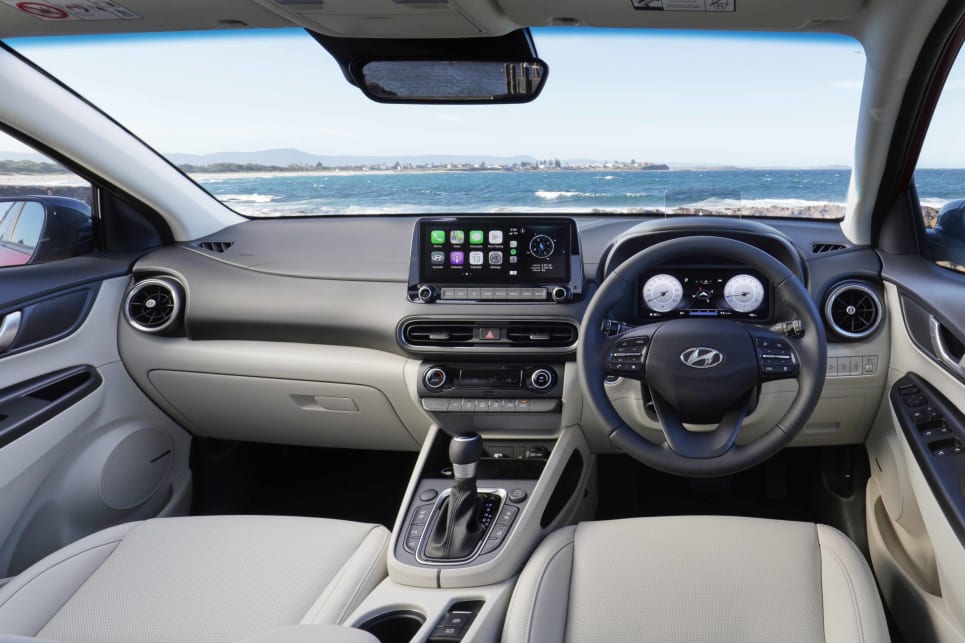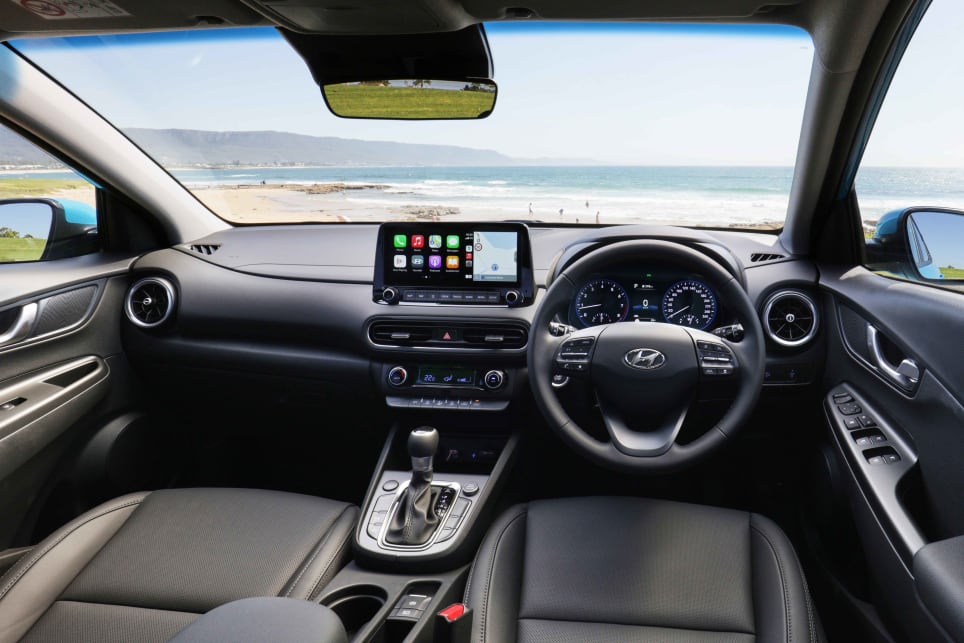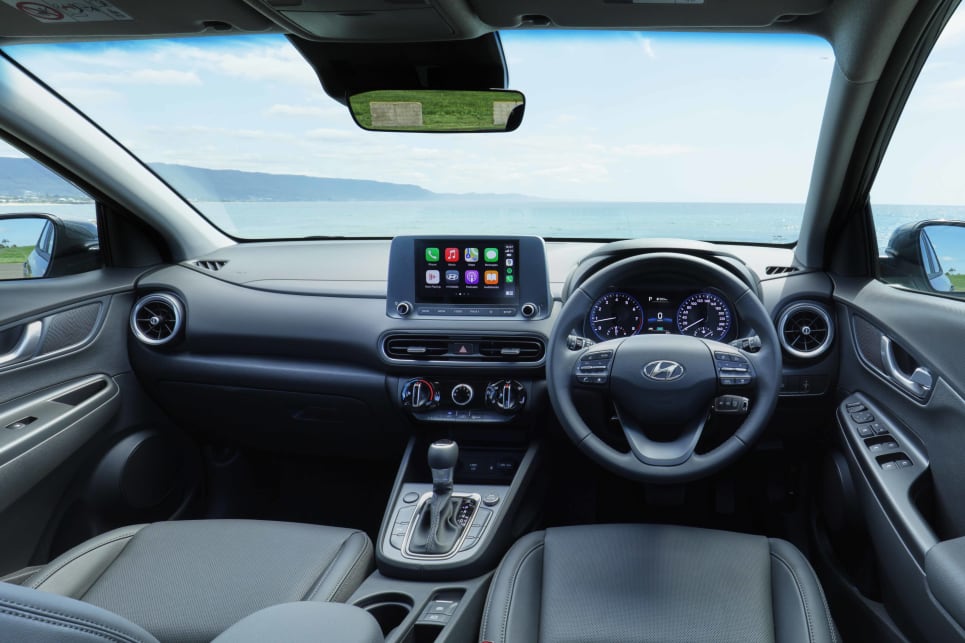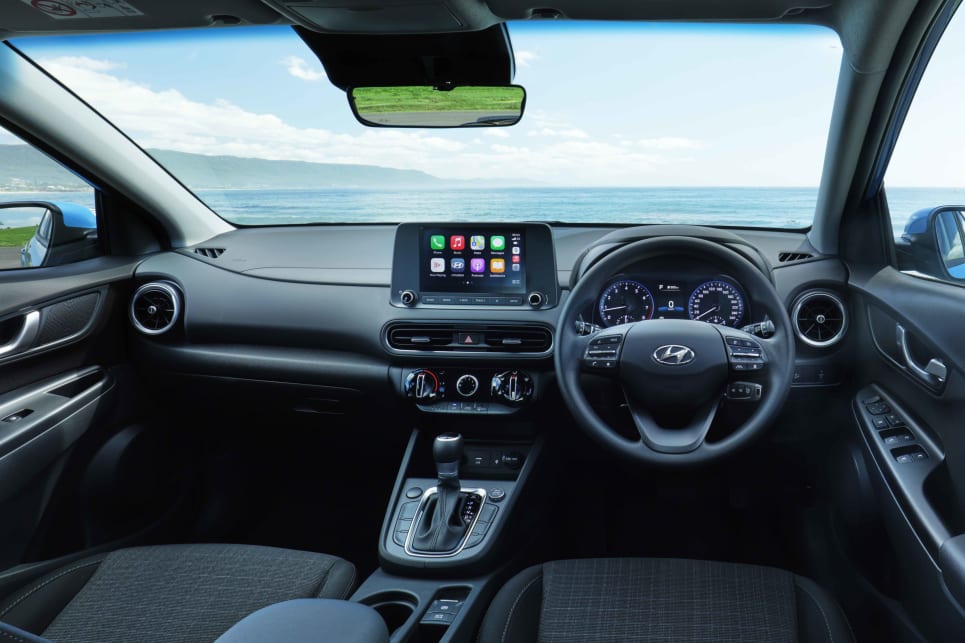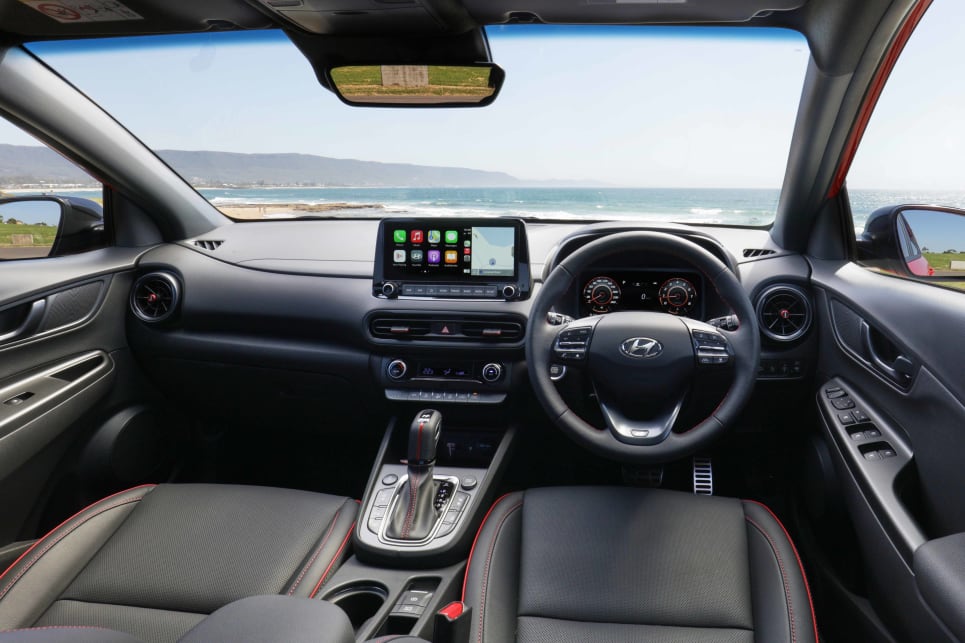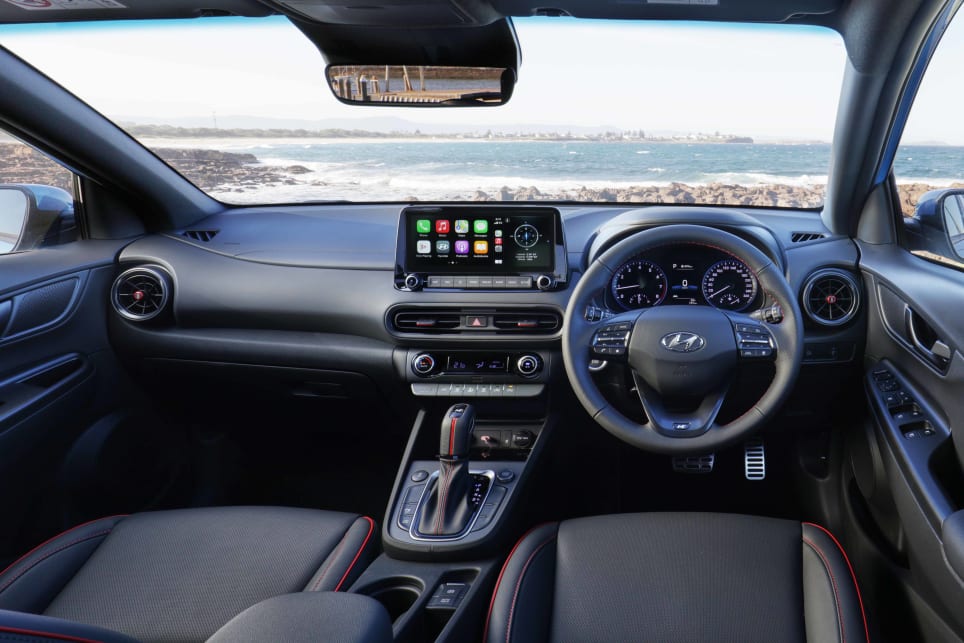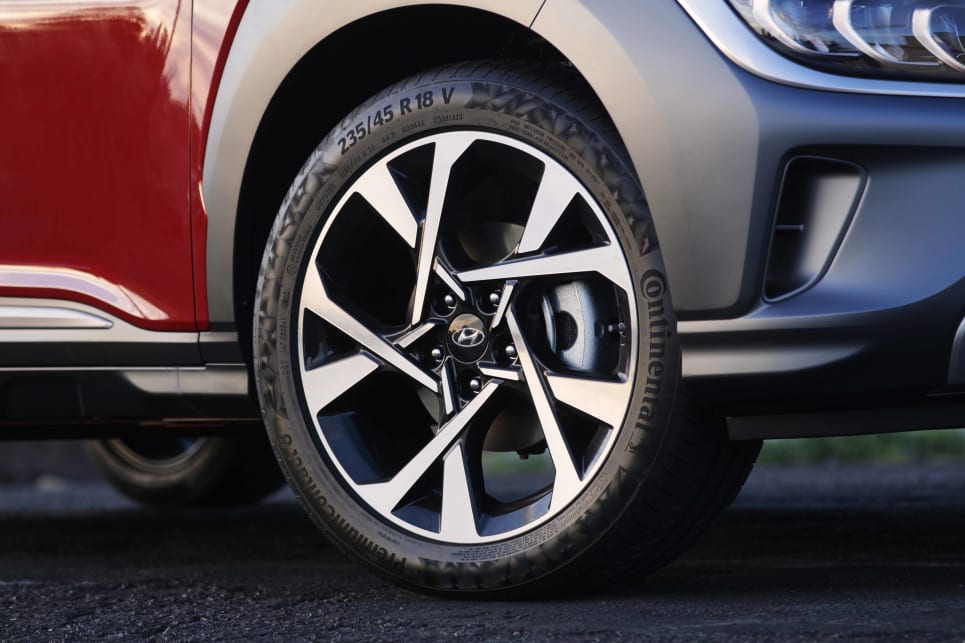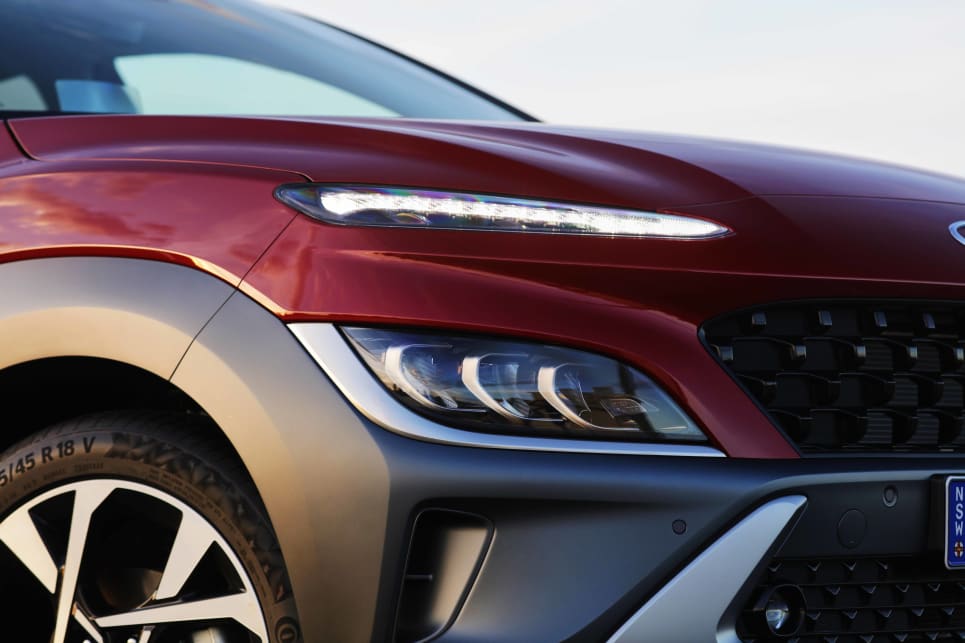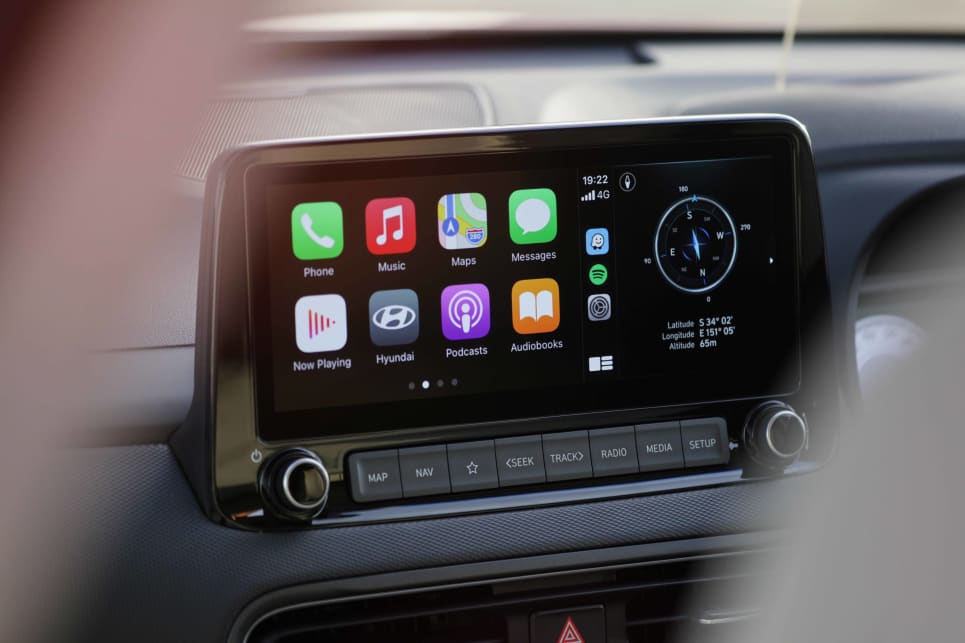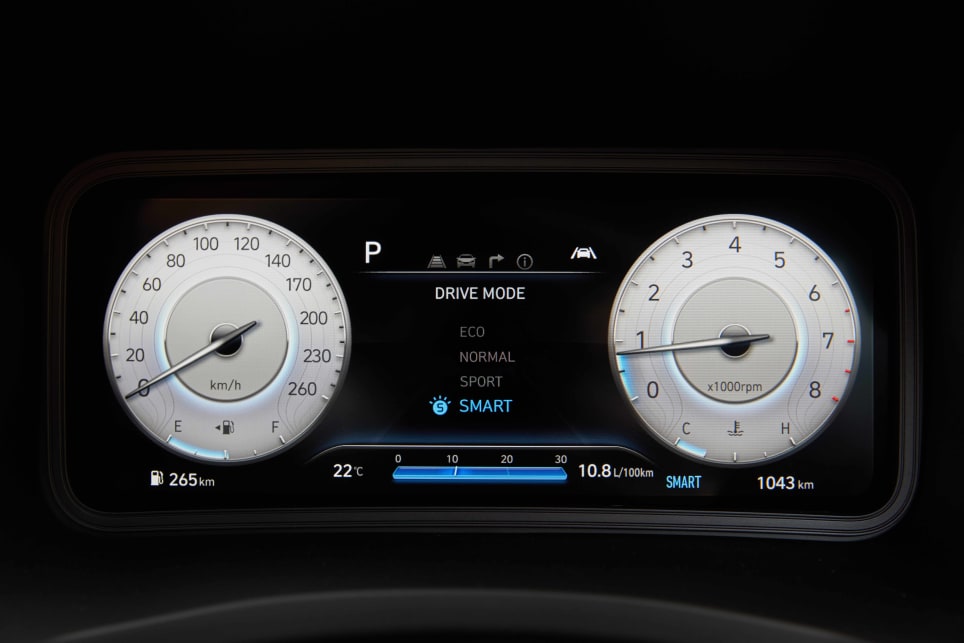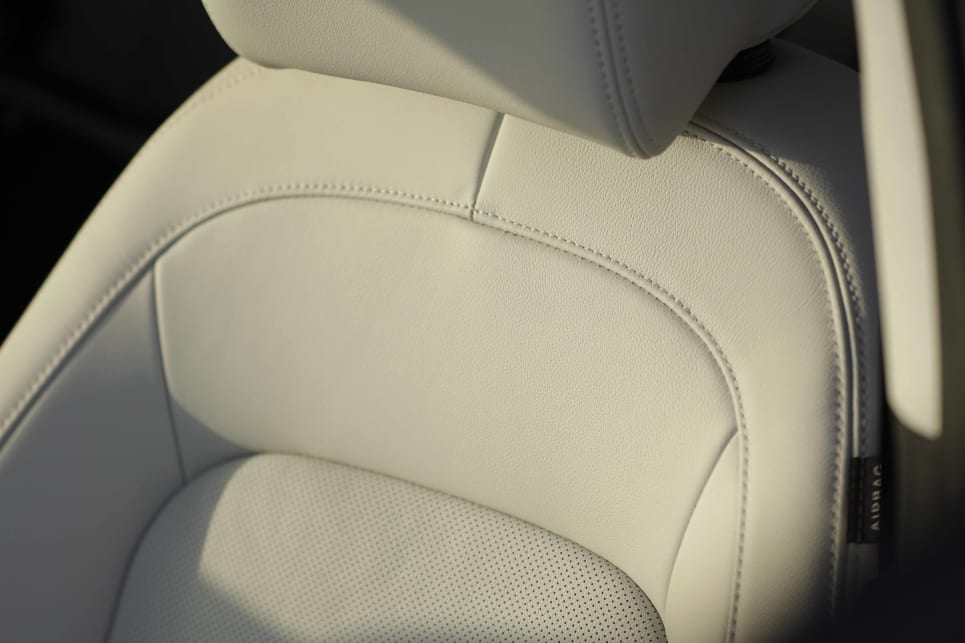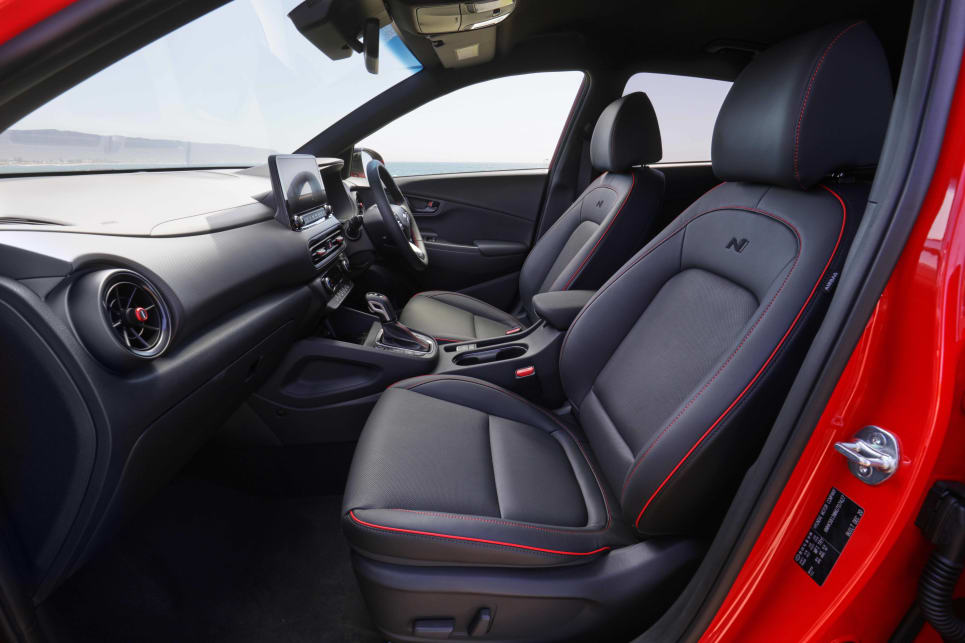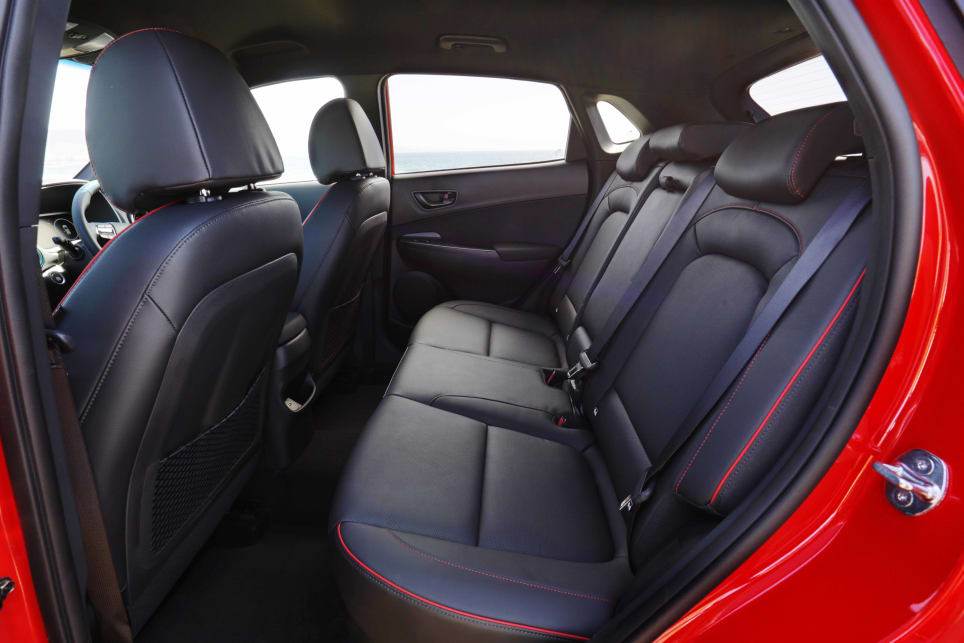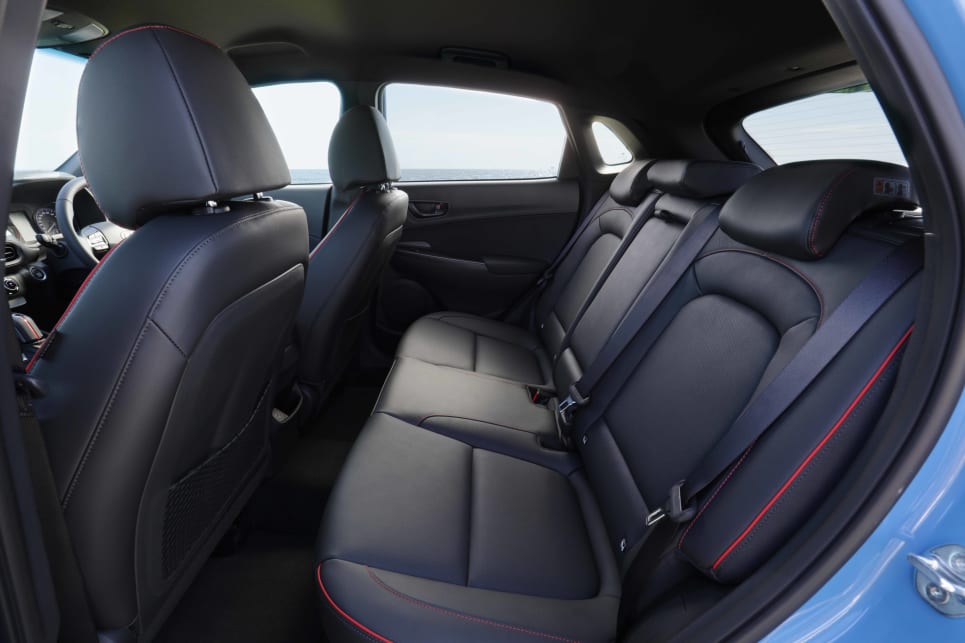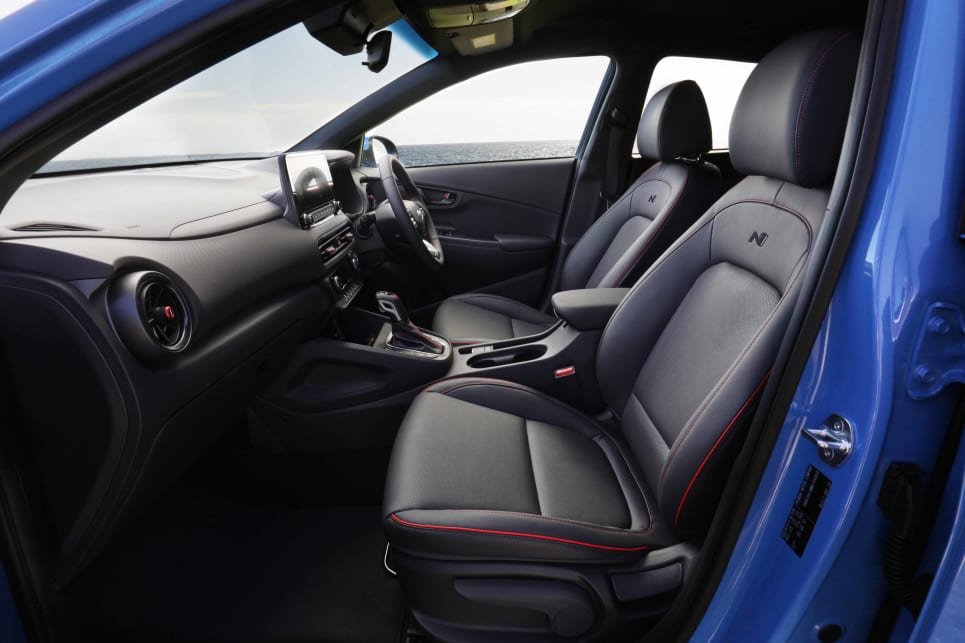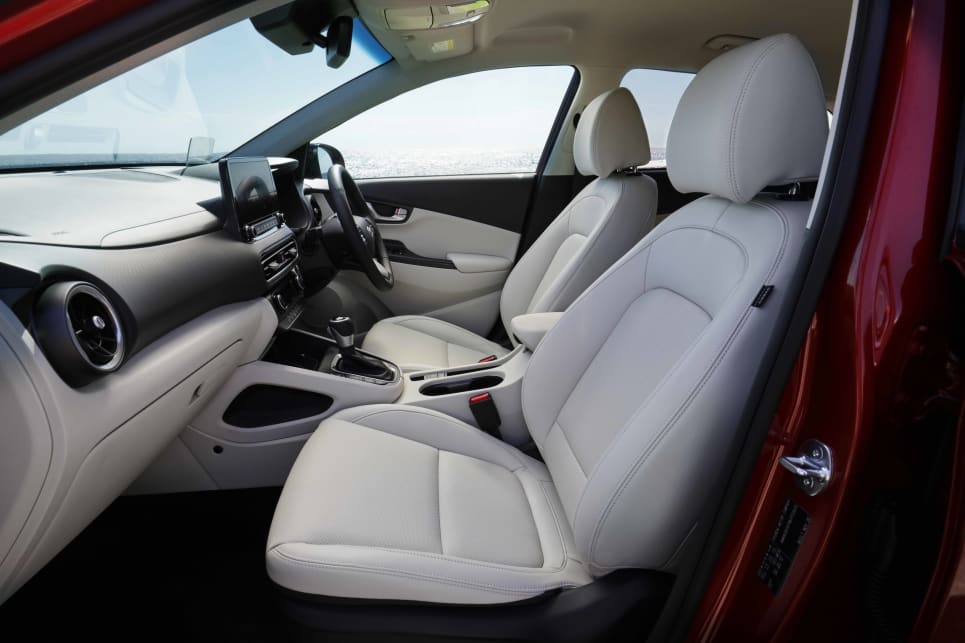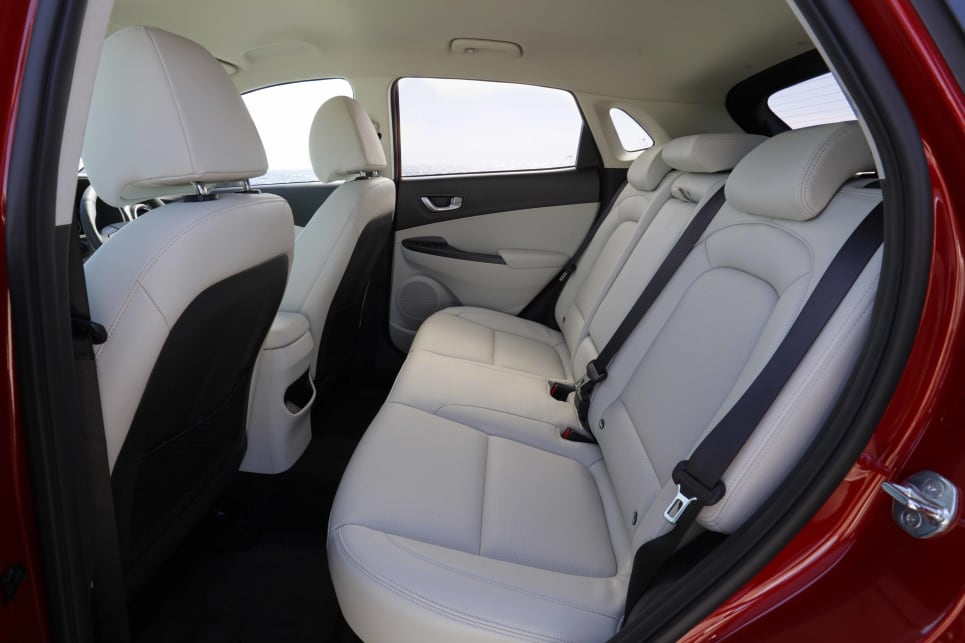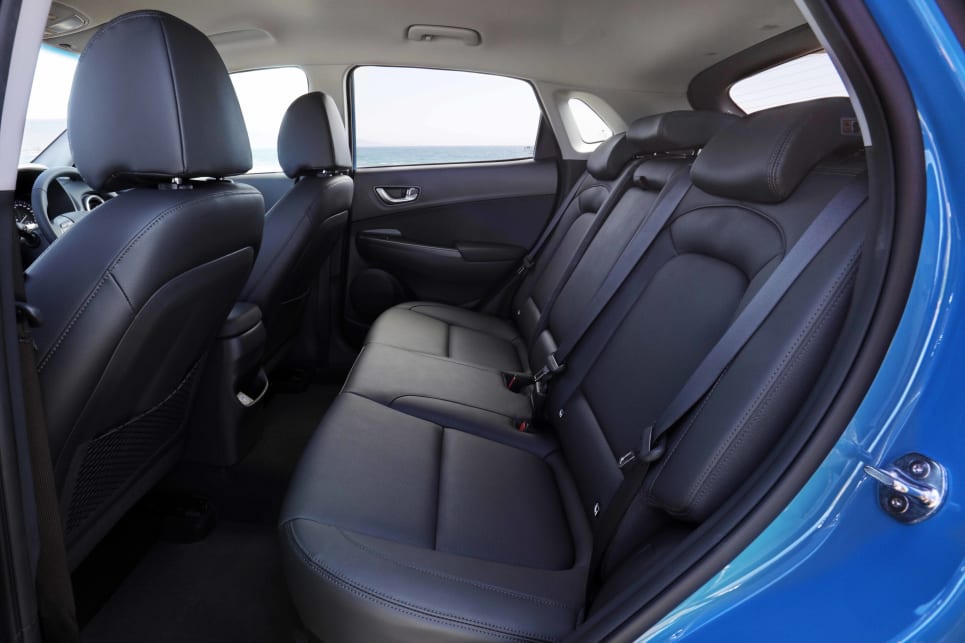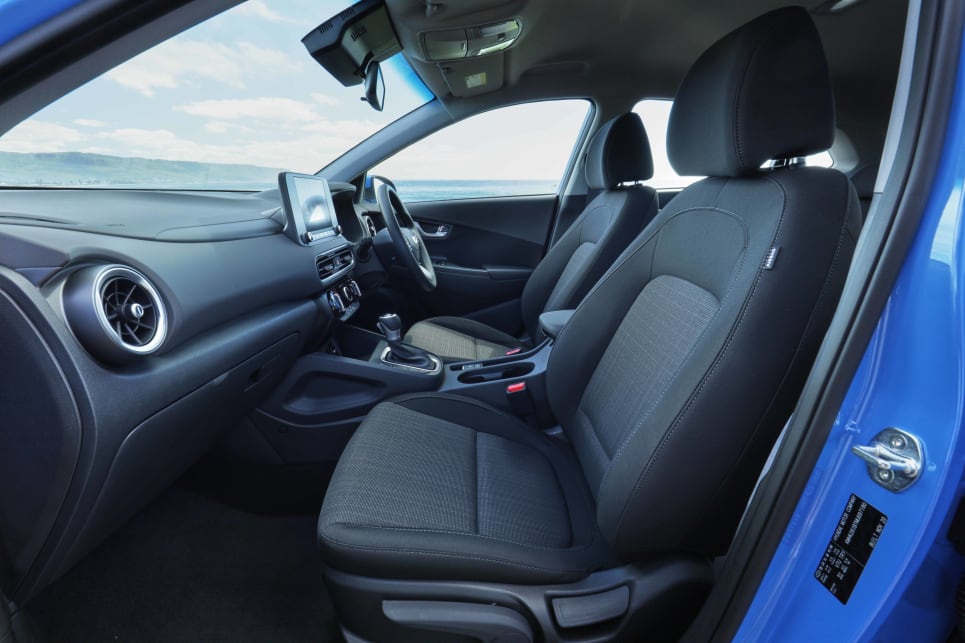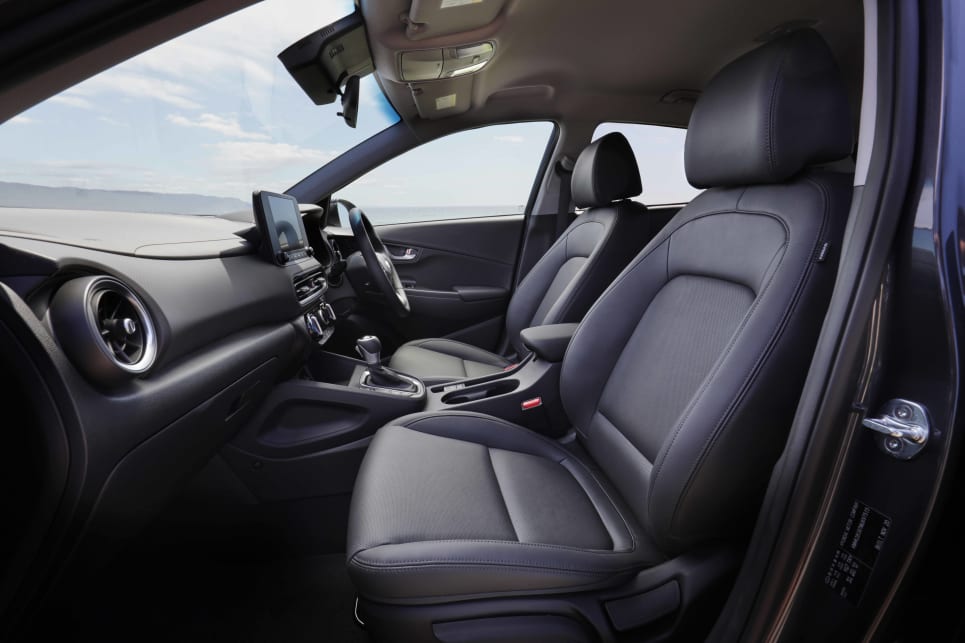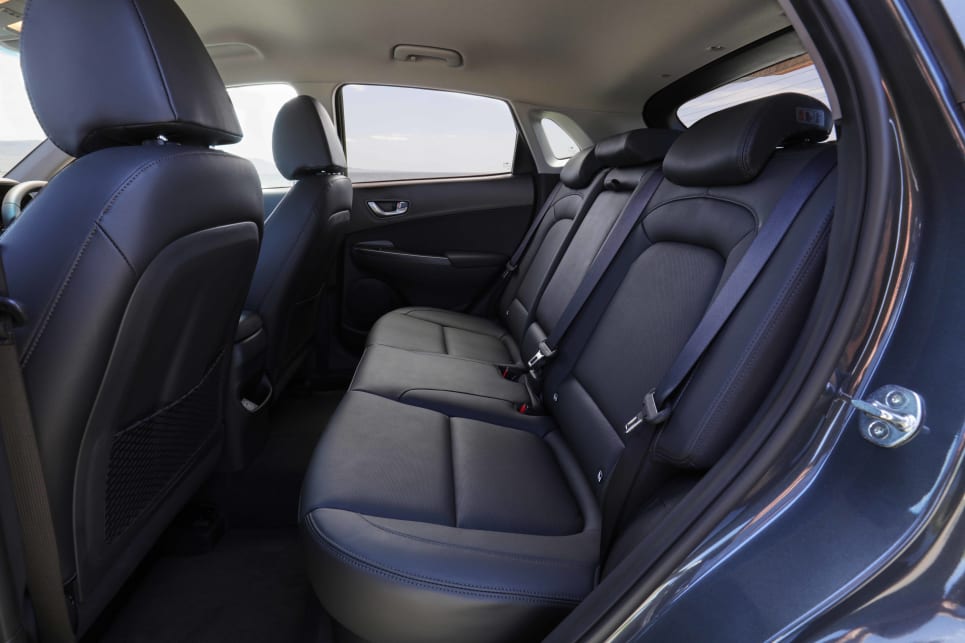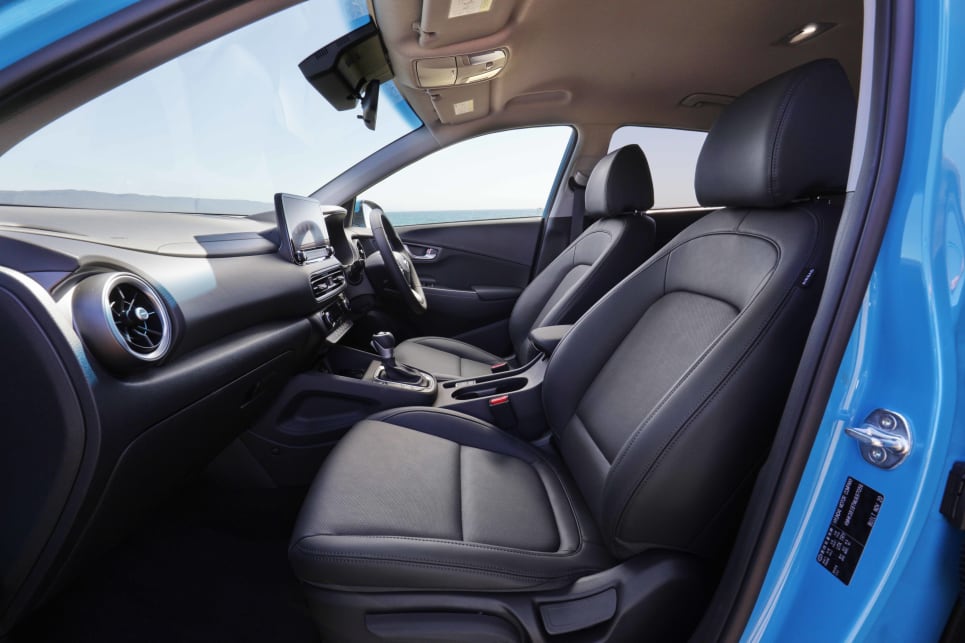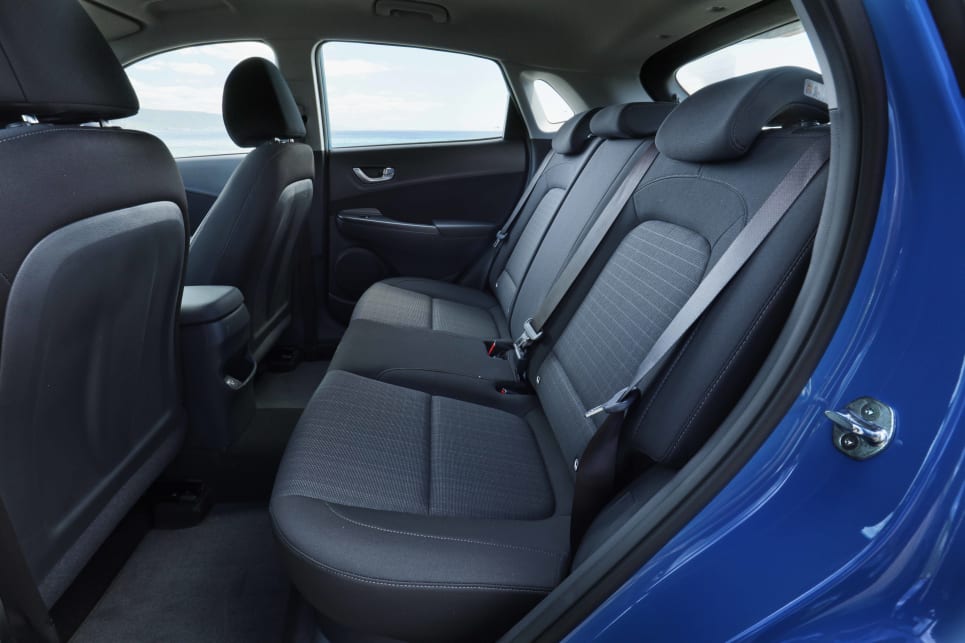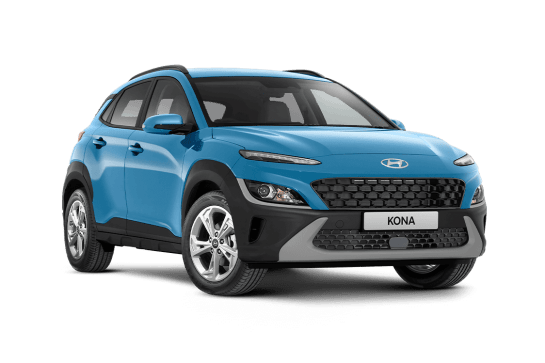
What's on this page
Hyundai Kona 2021
Carsguide Contributing Journalist Byron Mathioudakis had this to say at the time: If there was one small SUV that needed improvement, then that’s the old Hyundai Kona. And job well done. The Highlander is now a well-equipped, economical, easy to drive, safe and dynamically capable example of its crossover breed.
You can read the full review here.This is what Byron Mathioudakis liked most about this particular version of the Hyundai Kona: Fully equipped, Impressive fuel economy , Easy to drive
The 2021 Hyundai Kona carries a braked towing capacity of up to 1600 Kg, but check to ensure this applies to the configuration you're considering.
The Hyundai Kona is also known as the Hyundai Kauai (Portugal) and the Hyundai Encino (China) in markets outside Australia.
Hyundai Kona 2021 Reviews
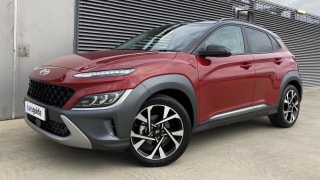
Hyundai Kona 2021 review: Highlander
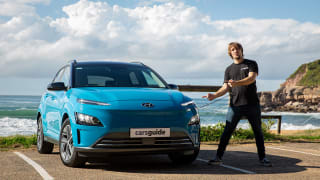
Hyundai Kona electric car 2021 review: Electric Highlander
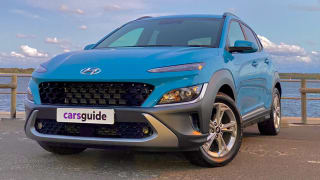
Hyundai Kona 2021 review: Elite
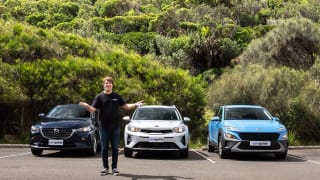
We Compare 3 of the Best Small SUVs Available in Australia: Hyundai Kona vs Mazda CX-3 vs Kia Stonic
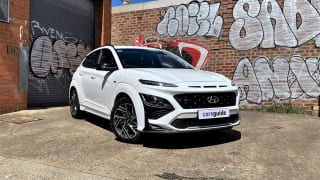
Hyundai Kona 2021 review: N Line
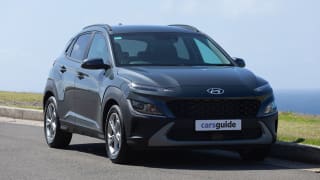
Hyundai Kona 2021 review: Active
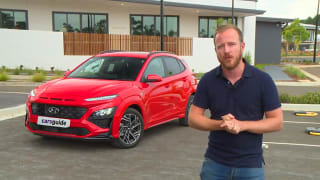
Hyundai Kona 2021 review
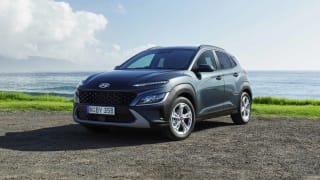
Hyundai Kona 2021 review: Active snapshot
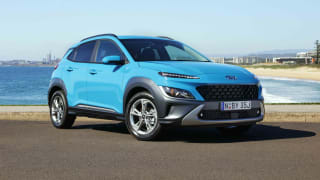
Hyundai Kona 2021 review: Elite snapshot
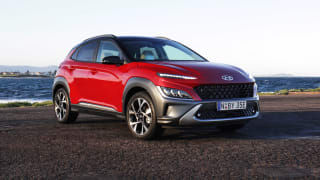
Hyundai Kona 2021 review: Highlander snapshot
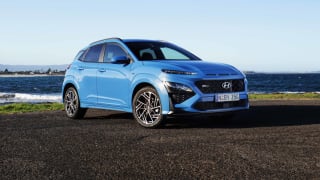
Hyundai Kona 2021 review: N Line snapshot
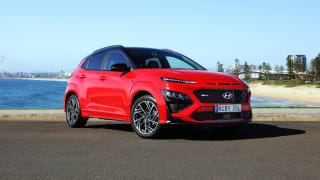
Hyundai Kona 2021 review: N Line Premium snapshot
Hyundai Kona 2021 News
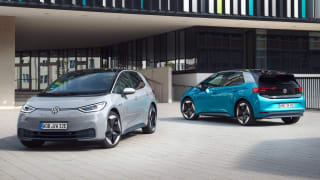
Why Volkswagen's ID.3 electric car may miss key EV incentives while Cupra Born, Hyundai Ioniq 5, Kia EV6 and MG ZS EV benefit

Best electric cars arriving in 2021
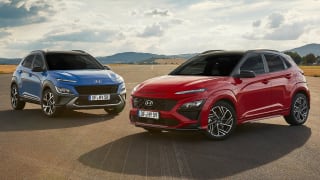
Best crossovers arriving in 2021
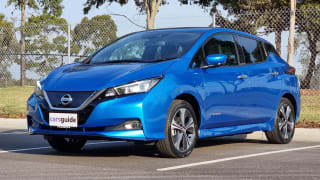
Nissan, Volkswagen, Hyundai and MG praise NSW's electric car incentives

Top EOFY 2021 new car deals: Mazda, Hyundai, Kia, Nissan and Ford commit to discounts despite stock shortages
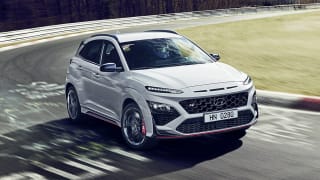
Hyundai confirms track coverage for i20 N, Kona N and i30 Sedan N warranty
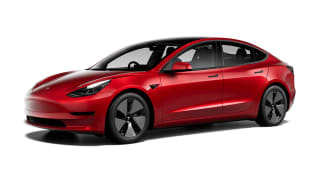
Victoria wants electric cars to make up half of sales by 2030 - and it's offering financial incentives to get the EV transition kickstarted
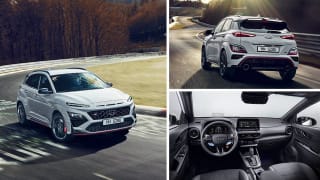
2021 Hyundai Kona N detailed: Can this performance SUV really take on hot hatches like the Volkswagen Golf GTI, Toyota GR Yaris and Ford Focus ST?
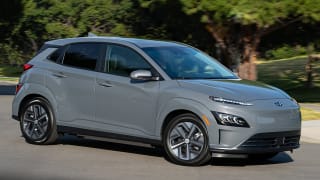
2021 Hyundai Kona Electric pricing and specs detailed: Telsa Model Y and MG ZS EV-rivalling all-electric small SUV updated ahead of Ioniq 5 rollout
Hyundai Kona 2021 Price and Specs
Pricing guides

| Hyundai Kona Model | Body Type | Specs | Price from | Price to | |
|---|---|---|---|---|---|
| (FWD) | SUV | 2.0L ULP CVT AUTO | $24,310 | $30,030 | |
| Active (awd) | SUV | 1.6L ULP 7 SP AUTO | $24,860 | $30,690 | |
| Active (fwd) | SUV | 2.0L ULP CVT AUTO | $25,740 | $31,790 | |
| Active (fwd) | SUV | 2.0L ULP 6 SP AUTO | $22,660 | $27,940 | |
Hyundai Kona 2021 Interior
The top-shelf Kona N Line Premium or Highlander get the very best of the equipment, from the leather seats that are heated and cooled up front, to the big glass sunroof, the ambient interior lighting choices and the digital air-con controls.
Perhaps coolest, though, is the positively German-feeling media set-up, with Hyundai making use of a twin-screen system, with a 10.25-inch screen in the driver’s binnacle taking car of the driving stuff, and a second screen in the centre taking care of the navigation and entertainment. But you will have to plug your phone in to get Apple CarPlay and Android Auto, because for reasons to weird to get into, only the base cars gets wireless connectivity.
The cheap seats, then, do without some of the cool stuff. Both the Kona and the Active make do with manual air-con and the smaller 8.0-inch cent screen, where the Elite steps up the tech and audio.
Hyundai Kona 2021 Colours
There are a total seven exterior colours for the Kona, as well as an optional two-tone setup that adds a black roof to the Highlander and N Line Premium.
- Dive in Jeju
- Surfy Blue
- Ignite Flame
- Atlas White
- Phantom black
- Dark knight
- Pulse red
Hyundai Kona 2021 Boot Space
The Kona's boot will serve up some 374 litres with the seats in place, or 1156L with them folded flat, which is slightly more than the car it replaces.
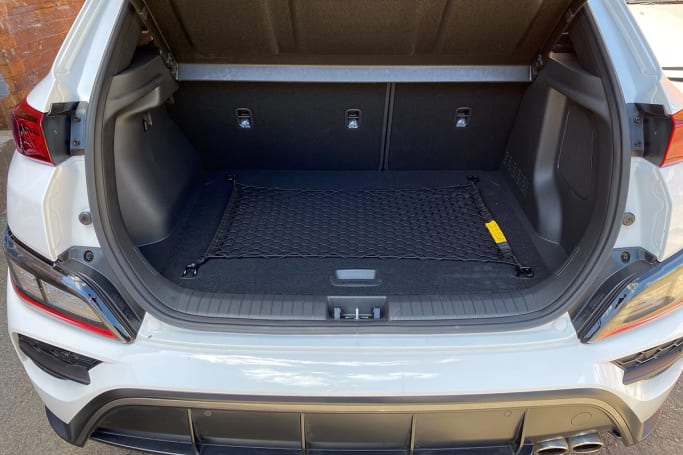
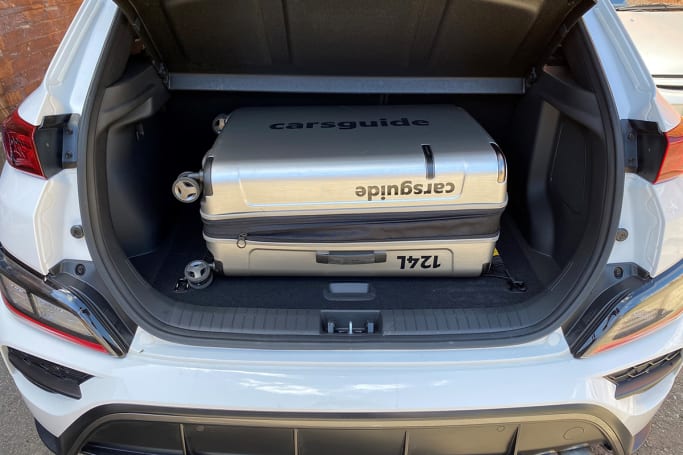
Hyundai Kona 2021 Dimensions
Dimensions for the 2021 Hyundai Kona are dependent on which body type is chosen. The maximum width and height is 1800mm x 1560mm and can vary on the basis of model.

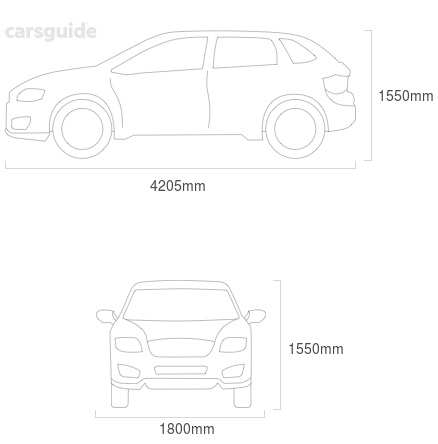
| Hyundai Kona Model | Body Type | Height x Width x Length | Ground Clearance | |
|---|---|---|---|---|
| GO (fwd) | SUV | 1550x1800x4165 mm | 170 mm | |
| Active (fwd) | SUV | 1550x1800x4165 mm | 170 mm | |
| (FWD) | SUV | 1550x1800x4205 mm | 170 mm | |
| GO (awd) | SUV | 1550x1800x4165 mm | 170 mm | |
Hyundai Kona 2021 Accessories
There’s a four-model Kona line-up, not including the new N Line cars, and that story kicks off with a model simply titled the Kona.
That model replaces the former entry-level Kona Go, a move which has seen the sticker price climb by about $3000 should you want to get into the cheapest Kona, with the range now starting at $26,600.
The Kona rides on 16-inch alloys, and while the DRLs are LEDs the headlights themselves are halogens. Inside, you get cloth seats, and the smallest 8.0-inch mutlimedia screen - though it does get wireless Apple CarPlay and Android Auto, as well as wireless smartphone charging.
The range then steps up to the Active ($28,200), which gives you a nicer-feeling interior, 17-inch alloy wheels, rear parking sensors, privacy glass and heated and folded mirrors.
Next up is the Elite ($31,600), which builds in some more safety stuff - we’ll get to that in a moment - as well as a major upgrade to the the centre screen, which is now a 10.25-inch touchscreen with navigation. You also get a better Harman Kardon stereo, climate control, a smart key with remote start and an acoustic windscreen meant to reduce road noise.
At the top of the regular Kona tree is the Highlander ($38,000), which gives you a second 10.25-inch screen in the driver’s binnacle for a total of two - a positively German feeling cabin setup that we love. You also get 18-inch alloy wheels, front parking sensors, LED headlights and taillights, a head-up display, a big glass sunroof and heated and cooled seats up front, with heating in the window seats in the rear.
If your tastes run a little Sportier, then the new N Line cars might be right up your street.
First, you’ve got the named Kona N Line ($36,300), which changes the engine and gearbox - again, we’ll come to that in a moment - and also adds sportier suspension, heaps of exterior styling changes, 18-inch alloy whees and a red-trimmed interior treatment designed to feel a little sportier.
Last but not least, you have the N Line Premium, which is a not-inconsiderable $42,400. You get the twin-screen interior setup, heated and cooled seats up front and seats that are heated in the window seats in the back, a head up display, and your headlights and taillights are now LED, and there’s a sunroof, too. In fact, it largely followed the specification of the Highlander, just with a better engine and gearbox, and a sportier driving experience.
Hyundai Kona 2021 Q&As
Check out real-world situations relating to the Hyundai Kona 2021 here, particularly what our experts have to say about them.
-
Should I buy a 2021 Hyundai Kona or 2021 VW T-Roc?
Volkswagen’s latest cars are lovely to drive but it’s true; many mechanics (and plenty of owners) are wary of the brand’s recent reputation for reliability. But if you’re buying a brand-new or nearly new example, then the factory warranty will be some peace of mind. The safest bet right now, is something Japanese or South Korean, and that includes the Hyundai you’re looking at as well as the equivalent offerings from Kia. Both these brands have enviable reputations for durability and both come with terrific factory warranties.
Volkswagen’s current high-tech turbocharged engines are very entertaining to drive as well as being frugal in all situations, but, in reality, any current model mid-sized SUV is more than capable of delivering you interstate in comfort and safety as well as offering low running costs. Bear in mind you may have to pay extra for the top-shelf model if you want all the latest safety and convenience technology.
Show more
Hyundai Kona 2021 Fuel consumption
Fuel consumption for the 2021 Hyundai Kona is dependent on the type of engine, transmission, or model chosen. The Hyundai Kona is available with the following fuel types: ULP, Electric and PULP.
| Hyundai Kona Model | Body Type | Specs | Fuel Consumption | |
|---|---|---|---|---|
| (FWD) | SUV | 2.0L,ULP,CVT AUTO | 6.2L/100km | |
| Elite Electric | SUV | Electric,1 SP AUTO | — | |
| Elite Electric EXT Range | SUV | Electric,1 SP AUTO | — | |
| Elite Electric STD Range | SUV | Electric,1 SP AUTO | — | |
| Highlander Elec TTR EXT Range | SUV | Electric,1 SP AUTO | — | |
| N | SUV | 2.0L,PULP,8 SP AUTO | 9L/100km | |
Hyundai Kona 2021 Towing capacity
The Hyundai Kona’s towing capacity ranges from 0kg to 1600kg. Some models also offer heavy-duty or towing option packs which can increase towing capacity, as well as options which can hamper towing capacity. Towing capacities can vary wildly on a large number of factors. These include engine, transmission, model, and options chosen. Always check with the manufacturer or in your vehicles handbook before attempting to tow anything.
| Hyundai Kona Model | Body Type | Specs | Braked Capacity | |
|---|---|---|---|---|
| GO (fwd) | SUV | 2.0L,ULP,6 SP AUTO | 1300kg | |
| Active (fwd) | SUV | 2.0L,ULP,6 SP AUTO | 1300kg | |
| (FWD) | SUV | 2.0L,ULP,CVT AUTO | 1300kg | |
| GO (awd) | SUV | 1.6L,ULP,7 SP AUTO | 1250kg | |
Hyundai Kona 2021 Wheel size
Wheel size for the 2021 Hyundai Kona will vary depending on model chosen, although keep in mind that many manufacturers offer alternate wheel sizes as options on many models.The wheel size available will alter the range of tyres available to be fitted.
| Hyundai Kona Model | Body Type | Front Tyre Size | Front Rim | Rear Tyre Size | Rear Rim | |
|---|---|---|---|---|---|---|
| GO (fwd) | SUV | 205x60 R16 | — | 205x60 R16 | — | |
| Active (fwd) | SUV | 205x60 R16 | — | 205x60 R16 | — | |
| (FWD) | SUV | 205x60 R16 9 | — | 205x60 R16 9 | — | |
| GO (awd) | SUV | 205x60 R16 | — | 205x60 R16 | — | |
Hyundai Kona 2021 Seats
The Hyundai Kona is a five-seat small SUV, and while it is marginally longer than the one it replaces, but it doesn’t really translate into any extra space for passengers. Still, it’s neither the biggest nor smallest in terms of interior space, sitting somewhere in the middle.
I'm 175cm, and sitting behind my own driving position, I had enough leg room, though headroom is a little tight, and I wouldn't want to spend too much time in the backseat with two other people.
Hyundai Kona 2021 Speed
While Hyundai is yet to confirm the zero to 100km/h time, we would estimate the Kona N Line vehicles to complete the sprint in around 7.5 seconds, while the regular cars should take around 8.5 seconds.


